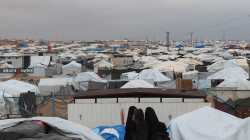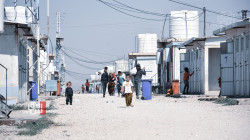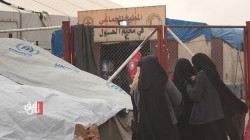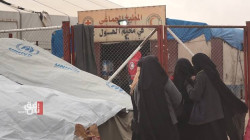Challenges persist for ISIS families despite repatriation efforts
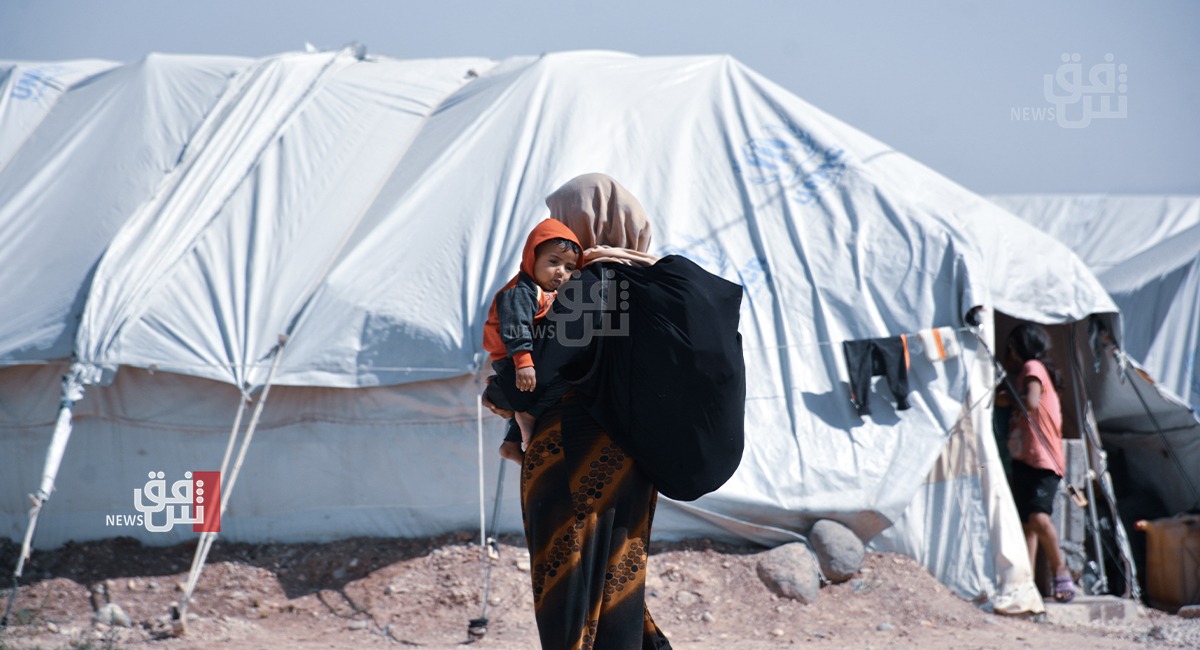
Shafaq News/ Seven years after Iraq declared victory over ISIS and reclaimed its territories, challenges related to the organization’s impact continue.
Despite the launch of a UNDP-led initiative in collaboration with international agencies to rehabilitate 9,000 returnees from the Al-Hol camp in Syria, significant efforts are still needed.
The UN Development Programme in Iraq, along with USAID, the Swedish International Development Cooperation Agency, and the European Union, in partnership with the Iraqi government, has launched the "Path to Home" project. This initiative aims to facilitate community reconciliation and the reintegration of Iraqis returning from Al-Hol.
Arshad al-Salihi, head of the Parliamentary Human Rights Committee, emphasized the importance of UN programs in rehabilitating and integrating innocent families of ISIS members. He also stressed the need to address the needs of terrorism victims alongside the repatriation efforts to ensure stability and social peace, noting the thorough security vetting of returnees.
Many returnees from Al-Hol are reluctant to return to their original areas due to fears of revenge and tribal retribution. Al-Salihi highlighted that the government is working with a clear, structured approach to address these issues.
Social researcher and civil rehabilitation expert Abdullah Ali noted that the reintegration program is crucial for supporting the Iraqi government’s efforts to rehabilitate ISIS families. The program aims to reintegrate over 9,000 individuals into liberated areas such as Nineveh, Kirkuk, Saladin, and Diyala.
Over the past two years, Iraq has developed a plan for rehabilitating Iraqis in Al-Hol, managing to reintegrate around 1,230 families back into their original areas after undergoing preparatory programs. The goal is to prevent these returnees from becoming new terrorists and to hinder ISIS from exploiting Al-Hol residents for future operations.
Ali also warned of the severe risks posed by female ISIS members, who have committed numerous crimes, including murders and assassinations of women attempting to abandon extremist ideologies. He stressed the need for legal frameworks to support the safe and voluntary return of women and children after community reintegration and psychological rehabilitation.
As of late 2023, the Iraqi government has repatriated 1,400 families from Al-Hol in six batches. However, many countries are reluctant to repatriate their nationals, despite humanitarian cases.
The camp, heavily guarded and supervised by Syrian Kurdish-led forces with US support, was once home to 73,000 people, primarily Syrians and Iraqis. Over the years, the population decreased to just over 48,000, with approximately 4,000 released since May 2023.
Al-Hol currently holds about 23,000 Iraqis, 17,000 Syrians, and 7,000 individuals of various nationalities, with non-Syrian or Iraqi nationals residing in a section referred to as the Annex, known for hosting the most committed ISIS supporters.
While some nations have accepted the repatriation of their citizens, many Western countries have hesitated to take back their nationals who were part of ISIS.

